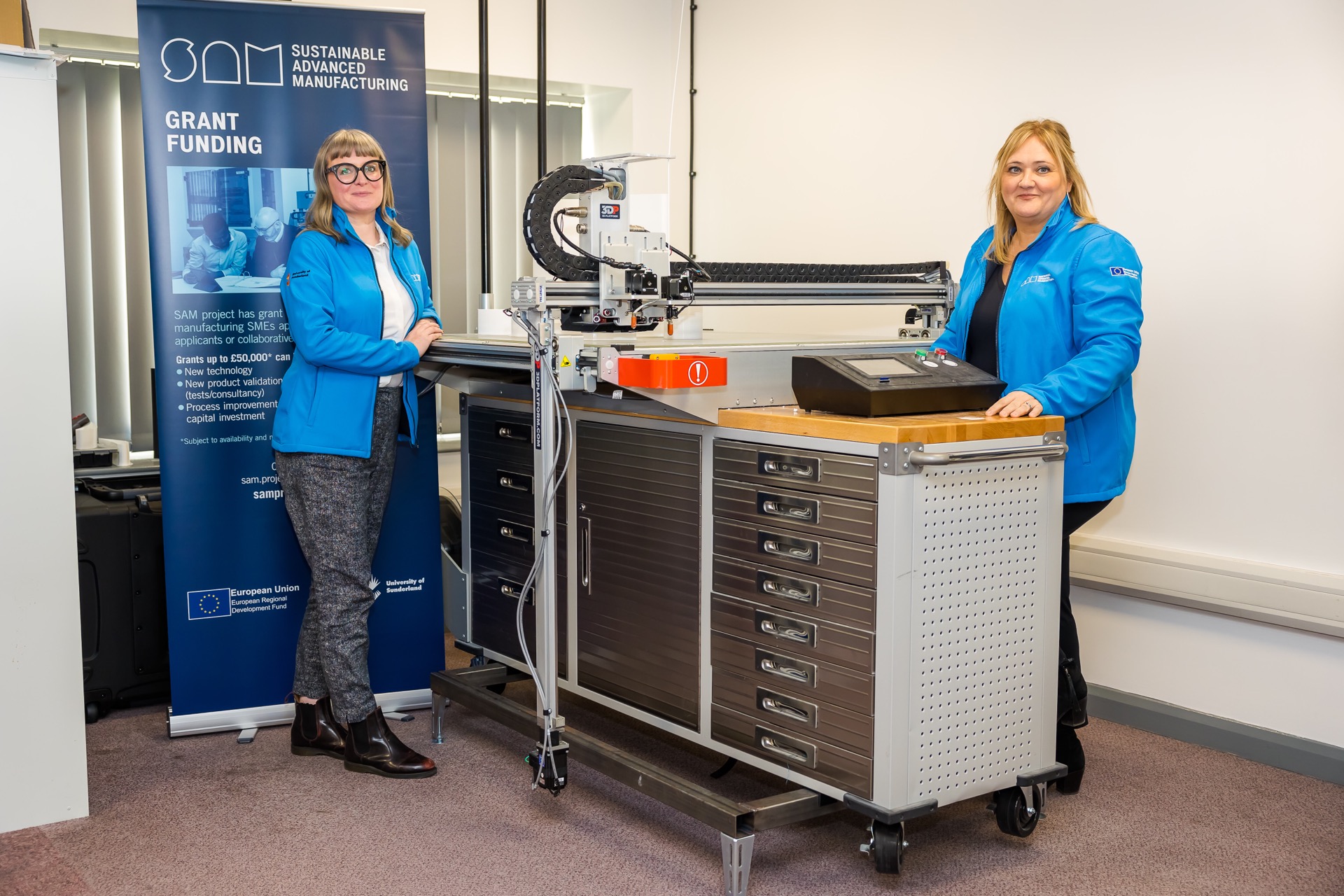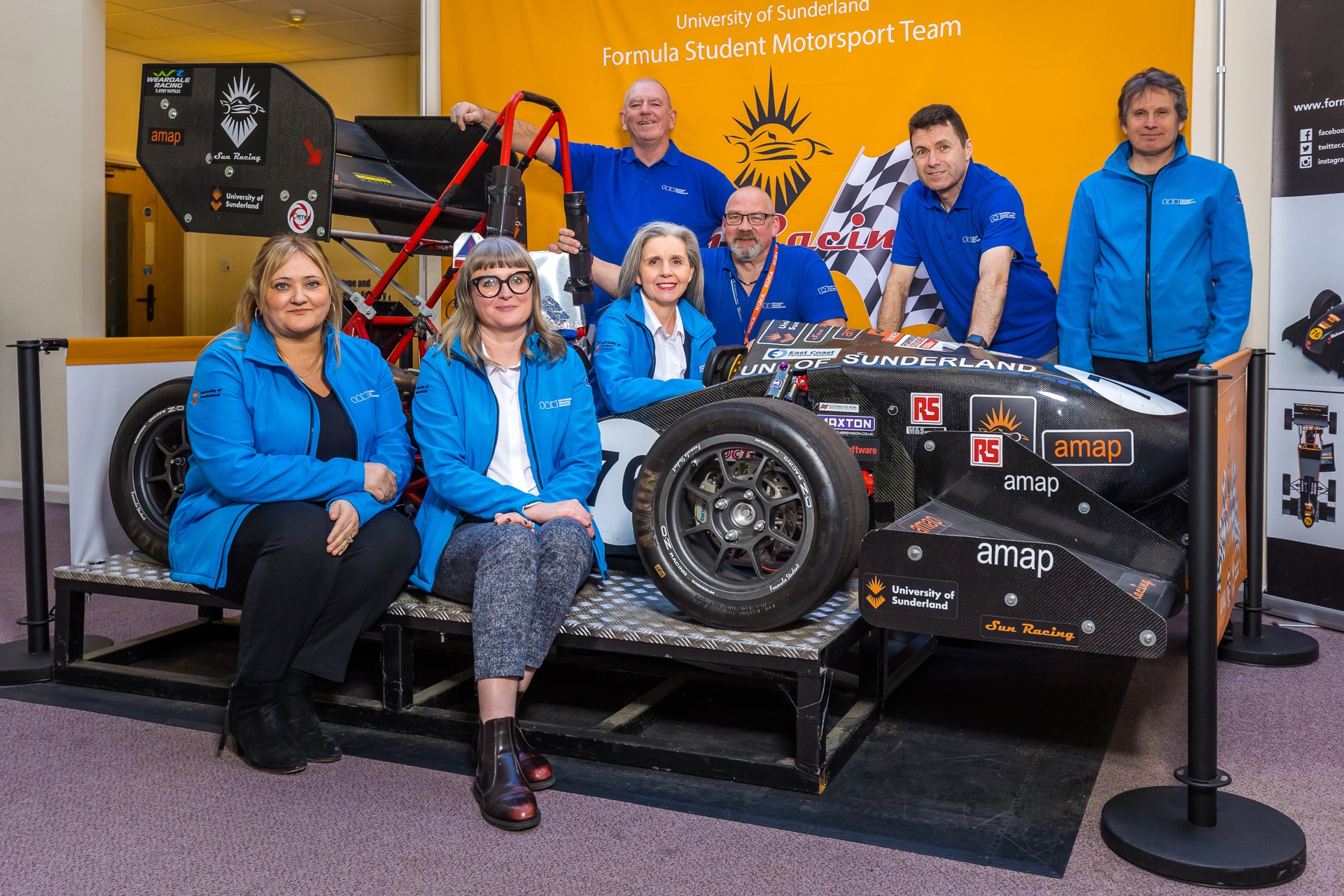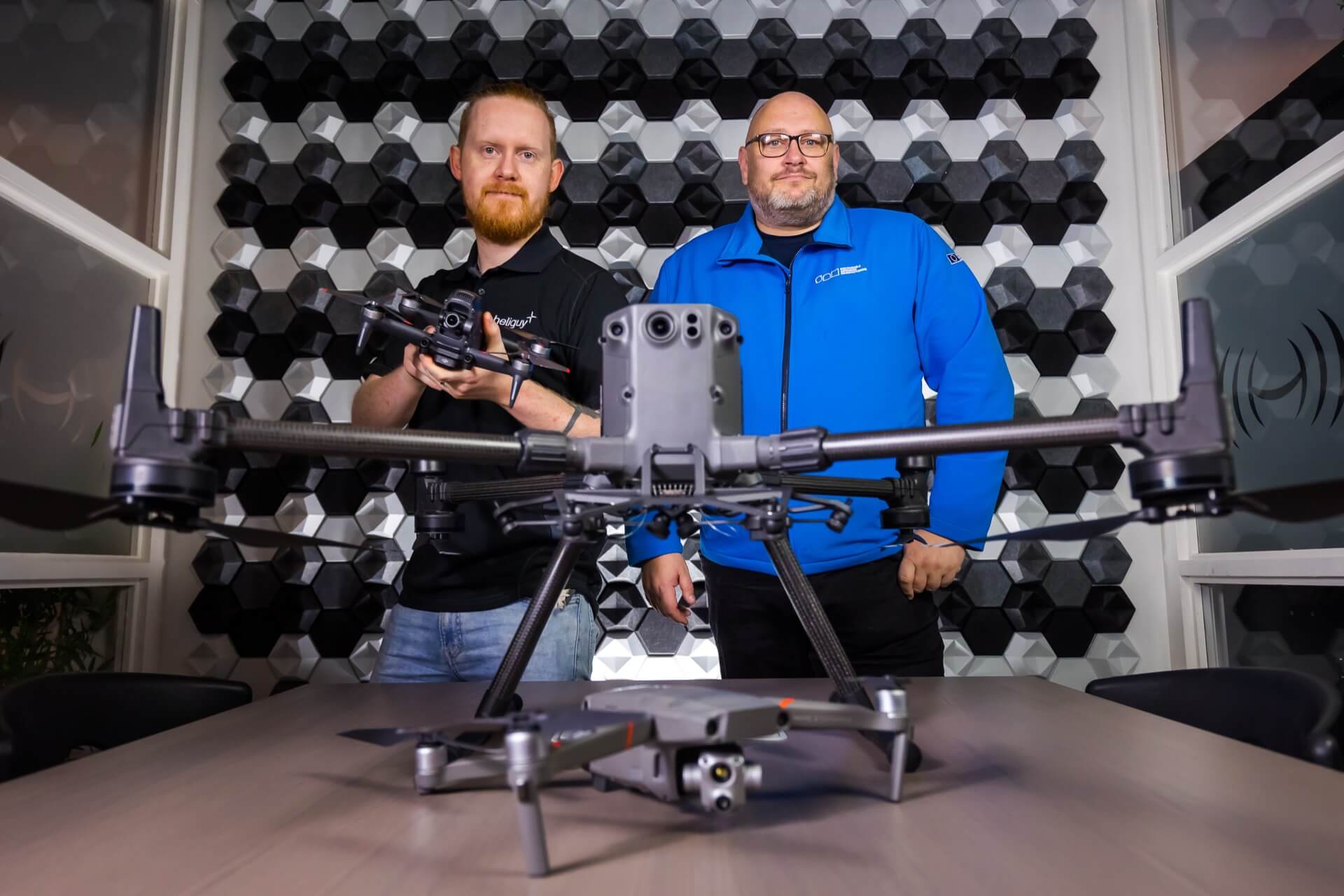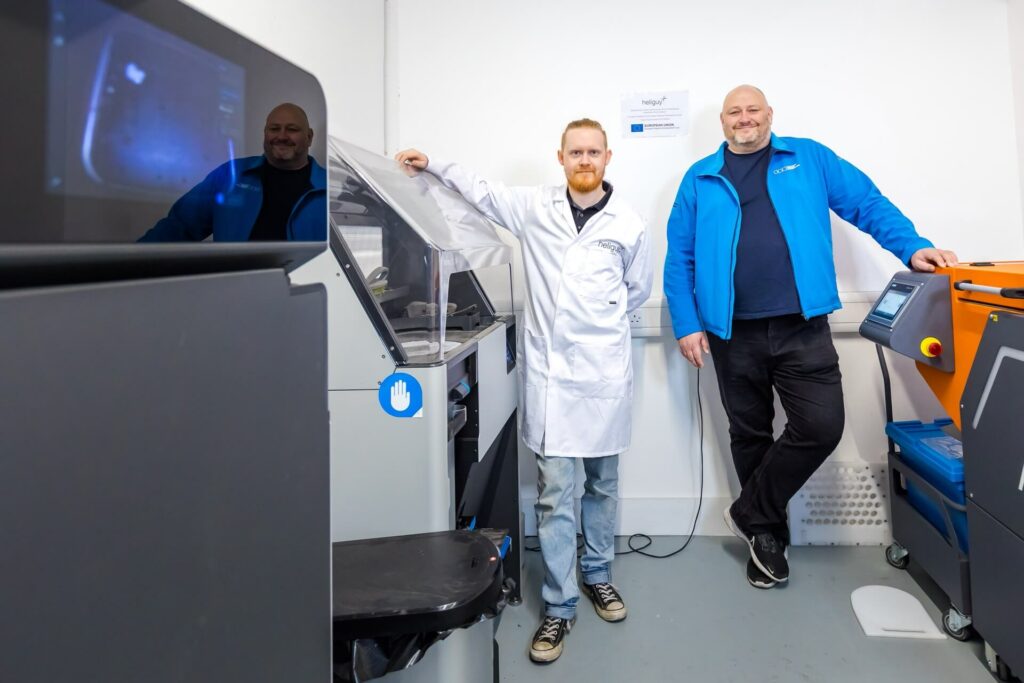A County Durham business is hoping to establish itself as a leading light in the world of manufacturing, as it continues to invest in the region and increase its global footprint.
Artech Lighting, based on the outskirts of Durham city, has invested in a Ultimaker S5 Pro 3D printer as it looks to bring the production of many of its lighting components back to the region, creating a number of new jobs in the process.
Additive manufacturing, a term for industrial 3D printing, is the process where a three dimensional CAD model is turned into a physical object. For Artech, this will bring several benefits, the most significant will be to reduce costs and lead times for parts as well as making in-house prototyping more efficient, making the company more competitive on the global stage.
Since its launch in 2017, Artech Lighting has made a commitment to support UK manufacturing, producing 100% of its product range at its facility in Durham and securing contracts to supply some of the world’s most high-profile developments, from the Dubai World Trade Centre to The University of Edinburgh and cinemas across Saudi Arabia.
Stuart Hylton, managing director, said: “As one of the very few lighting manufacturers left in the UK that produces 100% of its products within our borders, we are incredibly proud to stamp our products with the Made in Britain marque and to fly the flag for UK manufacturing.
“While many businesses were hit by supply issues during the pandemic, we saw our business grow three-fold, as developers across the globe began to seek out products that not only offered sustainable delivery and lead times, but were also environmentally sustainable, and we would never have been able to achieve this had it not been for the fantastic work of our team over the last few years.
“Looking forward, the investment into our new 3D printing system will allow us to bring the production of even more components in-house, creating more highly skilled jobs, further driving down our carbon footprint and massively improving productivity, and we’re excited to see what the future holds.”
The purchase of the 3D printer was supported by matched-grant funding from the ERDF-backed £10.9 million Sustainable Advanced Manufacturing (SAM) Project led by the University of Sunderland.
The project is a collaboration between the European Regional Development Fund (ERDF), the University of Sunderland and the Northern Powerhouse Initiative and Industry, supporting the implementation of product and process development and the introduction of technology within the SME manufacturing base in the North-East Local Enterprise Partnership (NE LEP) area.
“The support from SAM has really been fantastic,” Stuart added. “Not only did they provide the funding required to invest in the machinery, but their guys also guided our design team through the entire process of identifying the right kit and ensuring we saw the maximum possible return on our investment.
“Prior to engaging with the programme, we always knew that embracing additive manufacturing would be key to sustaining the future of our business over the coming years, however the support from Carl and the team at SAM has helped us to achieve what we thought we would in three years, in just three months. I can’t recommend them enough.”
Artech Lighting is also making significant investment of its own into a series of factory upgrades, purchasing a second paint plant, press brake, profile roller and punch tool, as well as making substantial upgrades to its IT network.
Stuart said: “The Artech brand continues to be a major industry disruptor. We are willing to compete with the more recognised brands and offer equal or better quality, output, delivery and efficiency, but with significantly less cost with the added peace of mind that you are buying a UK manufactured product. It is a strategy that is working, as recognition of the Artech brand continues to grow.”
Carl Gregg, product and process design specialist at the SAM Project, said: “It’s been a real pleasure working with Stuart and the design team at Artech on this project.
“The SAM Project was set up to help the region’s SME manufacturers innovate and grow by breaking down the barriers to embracing new technology and to see Artech not only increasing its global presence, but also creating highly skilled jobs in the region following this investment, shows just how much of an impact the programme can have on those that engage with it.”





